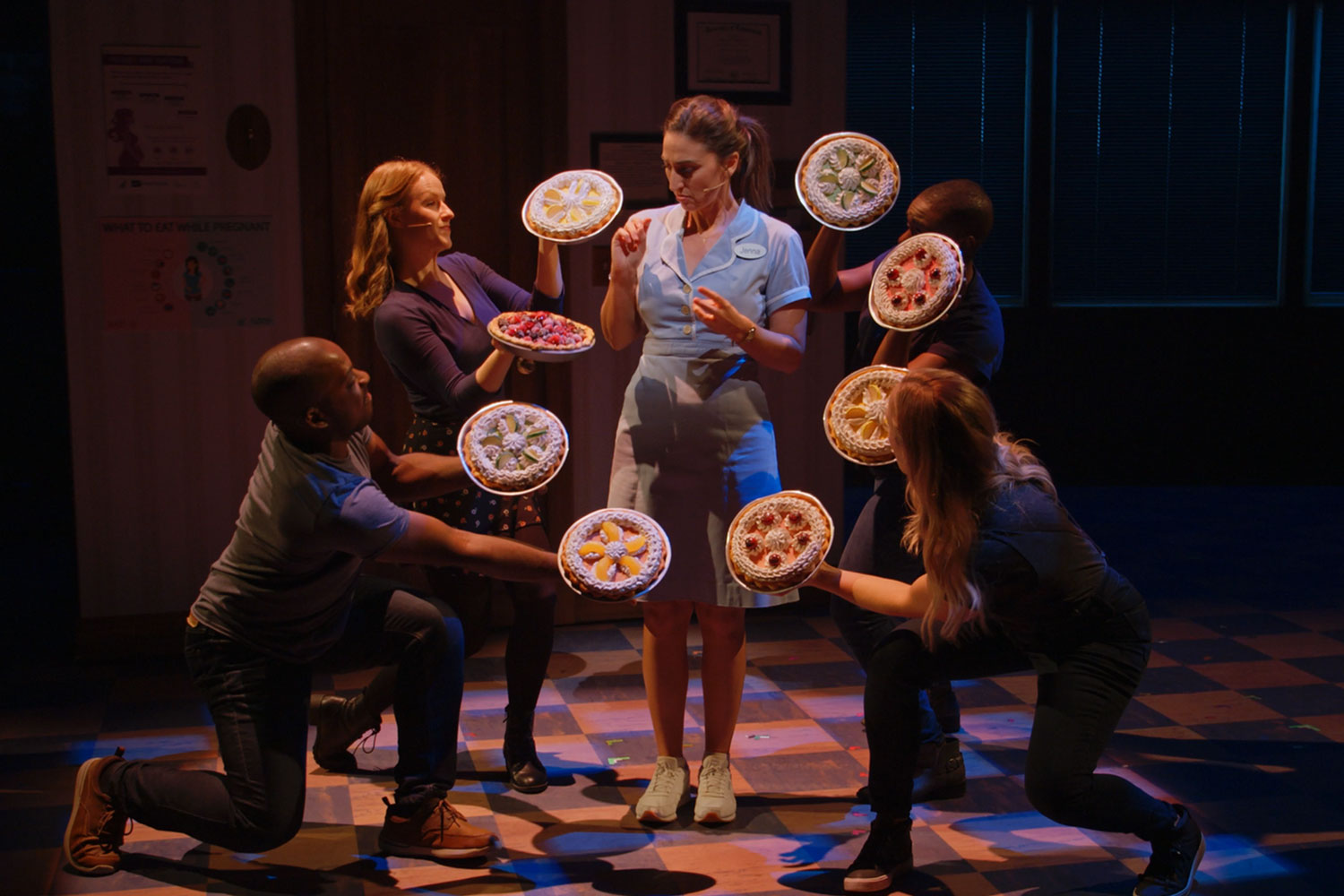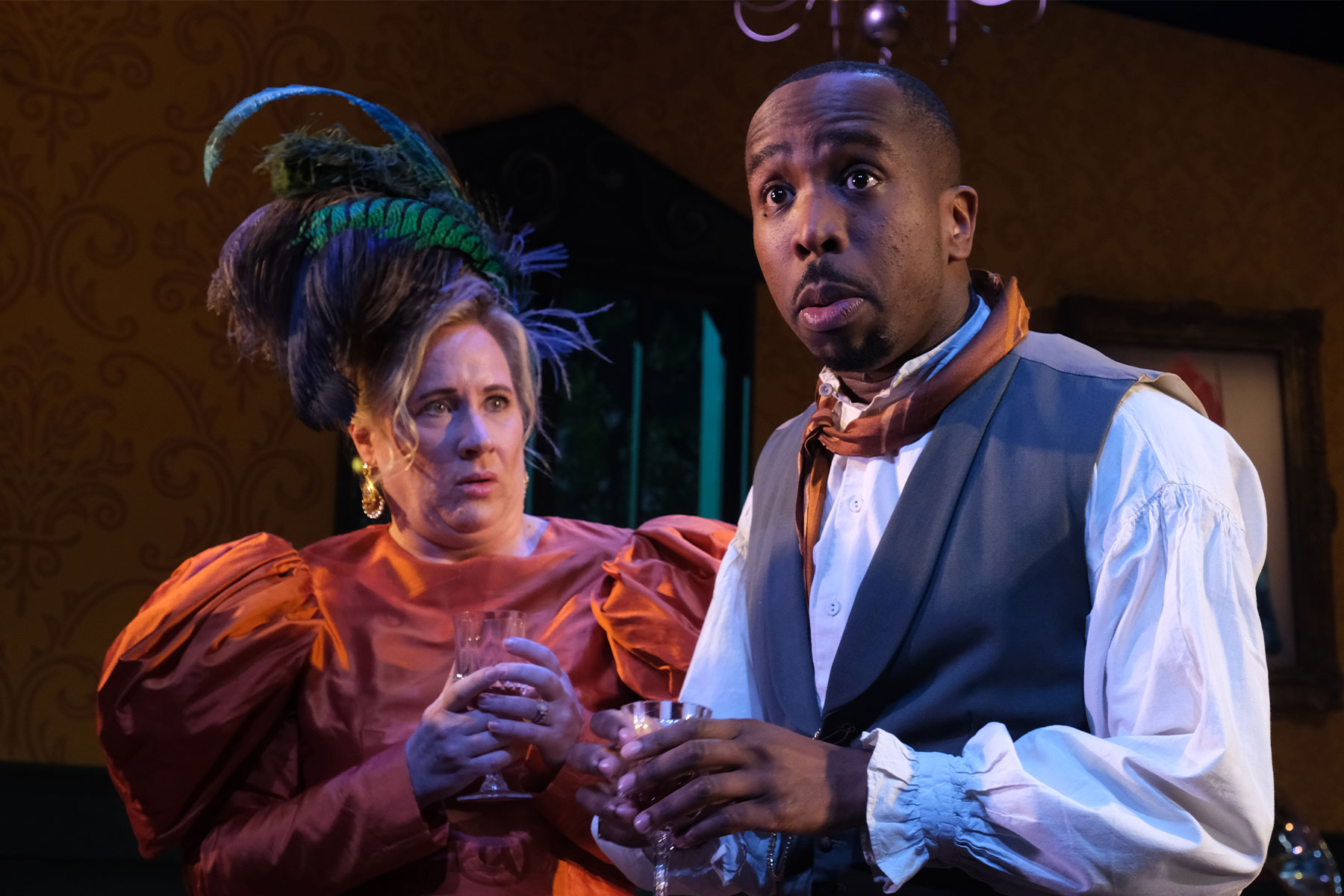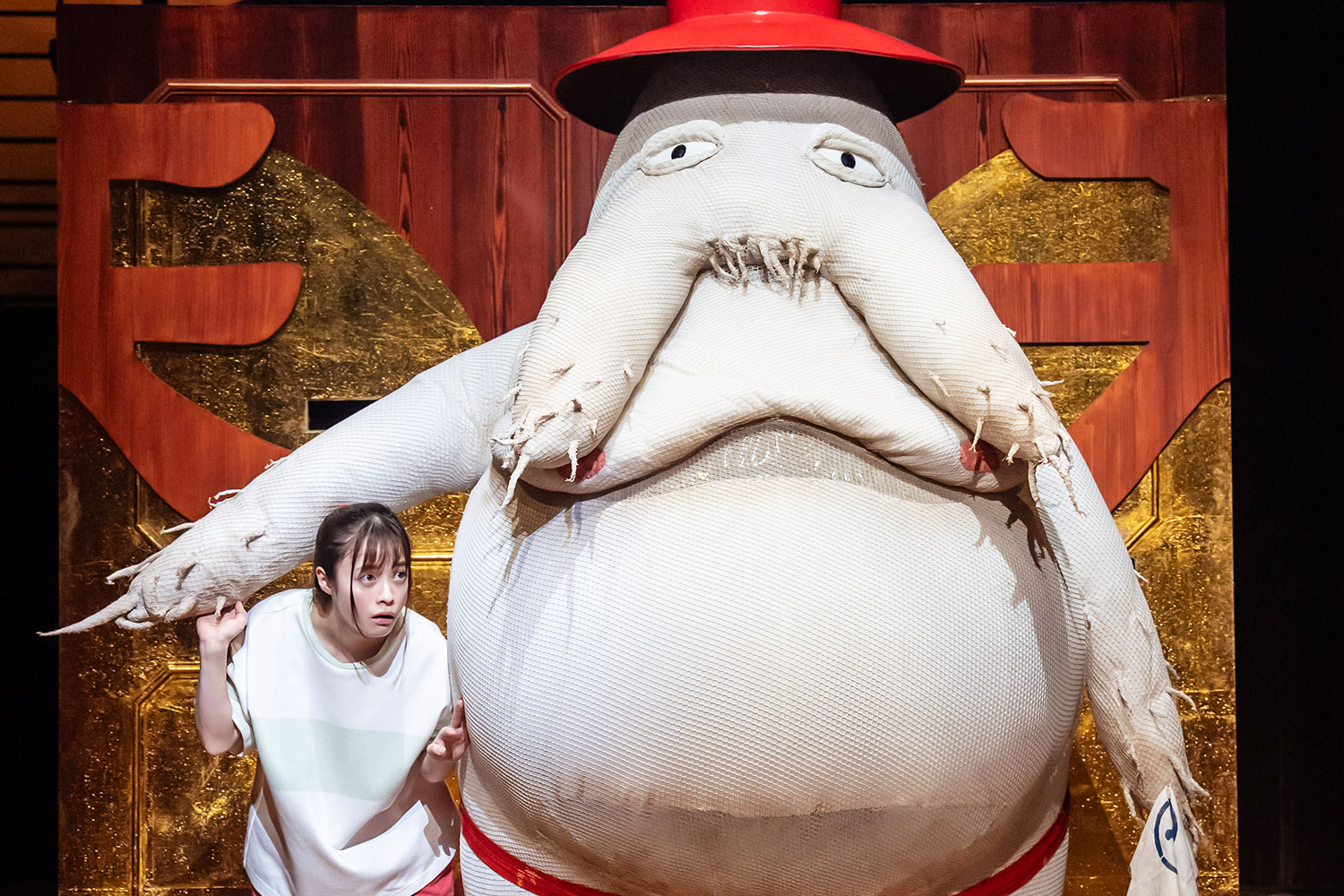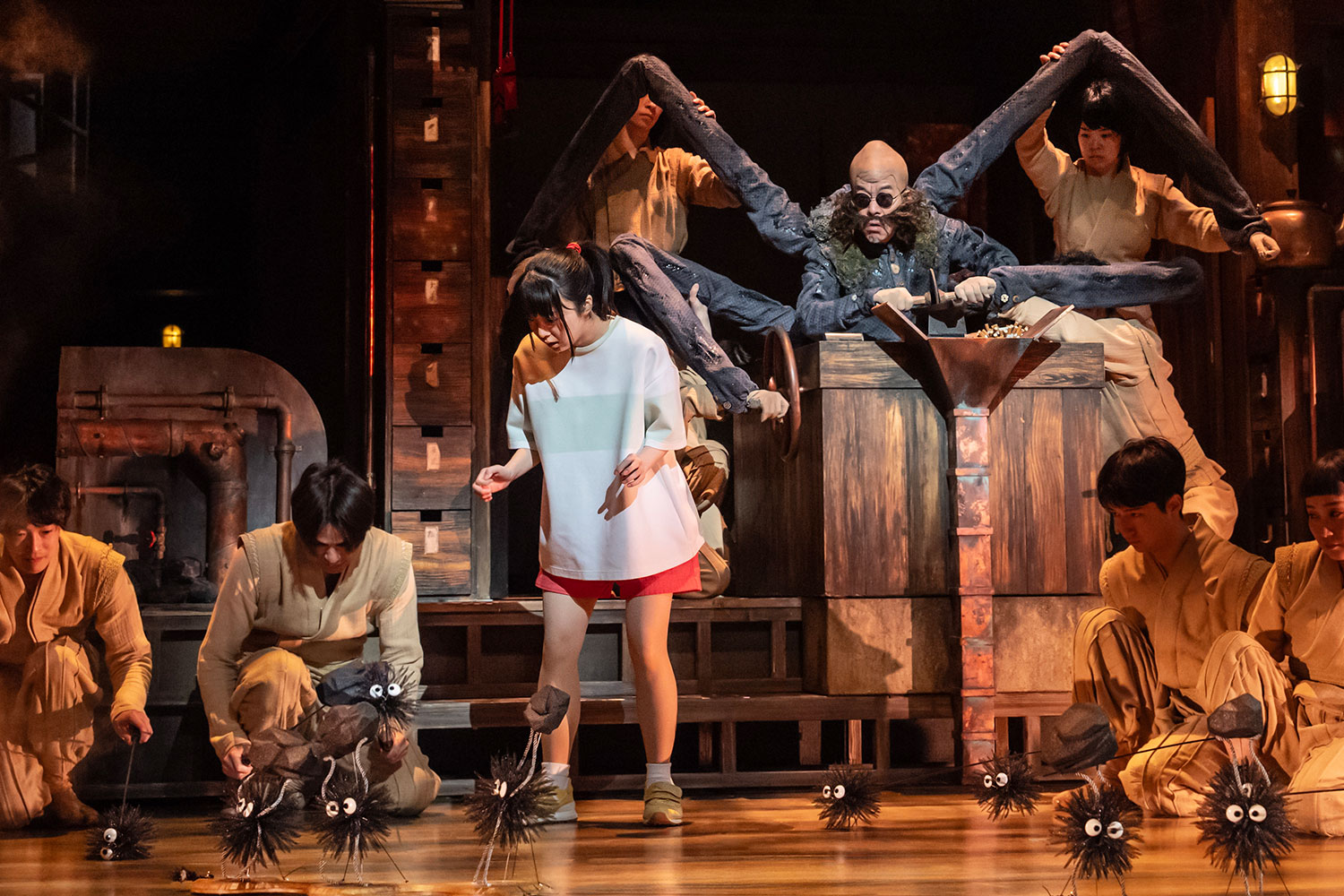Cressida
Cressida, by Nicholas Wright, Almeida at the Albery Theatre
Nicholas Wright’s new play examines an interesting aspect of sixteenth and seventeenth century theatre – the position of boy actors who played women’s parts. We might now be accustomed to think that Gwyneth Paltrow is hovering in the wings ready to step into the breach but the reality was that there was an energetic trade in young men who were able to play some of the most demanding roles written in the theatre.
Wright’s play is centred on John Shank, actor and procurer of young men – and how narrow is the dividing line between pimp and pedagogue – it’s no accident that he plays the role of Pandarus while training his young Cressida. Beset by debt, Shank conjures up a scheme to train one of the least promising of his youngsters, Stephen Hammerton, to be such a triumph as Cressida that it would drive up his price. And of course, Stephen is a triumph but the price isn’t quite right.
This is an ambitious play that covers a variety of themes: the exploitation of young men; the essence of art; power struggle in Carolian times and the fleeting nature of fame. It can’t be said that Wright scores with every point – there’s too much reliance on theatrical cliché (of course, Shank has to be broke, of course, Hammerton has to be a triumph, of course, there’s some old ham who’s seen it all before .) – but the plusses outweigh the minuses.
And a major plus point is Sir Michael Gambon’s towering performance as John Shank, with a voice wavering between guttersnipe and ultra-refined, he dominates the stage. The Pygmalion-like scene where he turns Michael Legge’s Stephen into a star is particularly outstanding.
Director Nicholas Hytner brings out strong performances from the rest of the cast, especially from Daniel Brocklebank as the wistful John Honyman, a female performer all too aware that his powers are fading, and Malcolm Sinclair as the know-it-all Blagrave, full time censor, part-time theatre manager.
This worthy play throws a light on some rather murky goings-on in Britain’s theatrical past, and for all its faults, it’s an intelligent and thought-provoking examination of one of history’s hidden trades.










